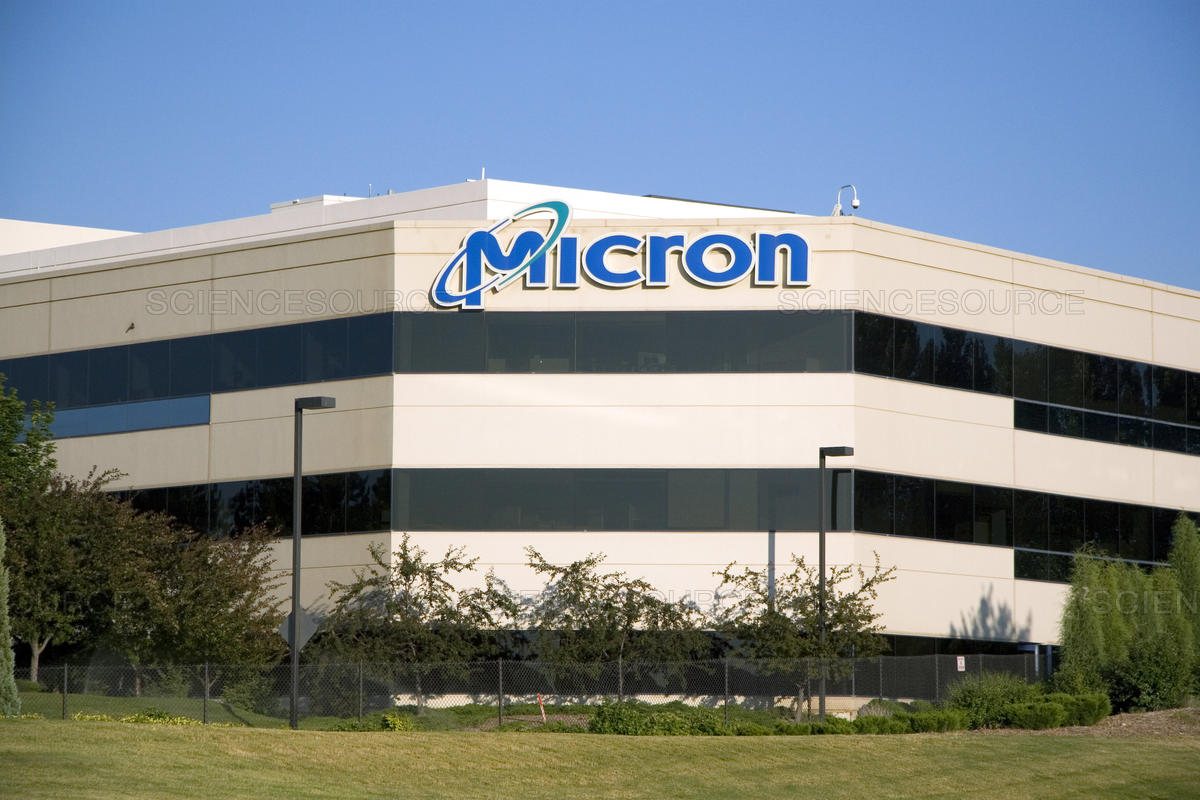 INFRA
INFRA
 INFRA
INFRA
 INFRA
INFRA
U.S. flash memory chip maker Micron Technology Inc. saw its share price take a pummeling today on the news that a Chinese court has temporarily banned it from doing business in that country.
Micron’s Taiwan-based rival United Microelectronic Corp. said in a statement that the Fuzhou Intermediate People’s Court of the People’s Republic of China had issued a preliminary injunction, blocking it from selling certain dynamic random-access memory and NAND flash products. The ruling prevents Chinese manufacturers from buying the affected components, which include solid-state drives and flash memory sticks.
Investors took the news rather badly, with Micron’s share price falling by 5.5 percent at the close of trading today.
UMC filed its complaint against Micron in January, saying the U.S. firm had infringed on three of its patents covering its SSD, graphics memory card and DDR4 SDRAM products.
UMC’s complaint followed a lawsuit issued by Micron against it in the U.S. last year. In December, Micron filed a civil suit in California under the Defend Trade Secrets Act against UMC, saying the Chinese firm teamed up with the Fujian Jinhua Integrated Circuit Co. to hire its staff members, who stole secret blueprints pertaining to its DRAM and flash memory products.
“UMC is pleased with today’s decision,” Jason Wang, the company’s co-president, said in a statement. “UMC invests heavily in its intellectual property, and aggressively pursues any company that infringes UMC’s patents.”
Micron claimed ignorance about the ruling, saying it had not seen any paperwork from the Chinese court. “Micron has not been served with the preliminary injunction referred to in the statements issued by United Microelectronics Corporation and Fujian Jinhua Integrated Circuit Co. dated July 3,” it said in a statement. “Micron will not be commenting further until the company has received and reviewed documentation from the Fuzhou Intermediate People’s Court of China.”
“Intellectual property fights are always tough to predict once they reach the courts,” said Holger Mueller, principal analyst and vice president at Constellation Research Inc. “And the stakes are high, as we can see in this case. Typically it leads to a settlement between the parties, as both need to keep their revenue streams intact.”
The legal clashes come at a time when UMC, which is Taiwan’s oldest semiconductor assembly firm, has been rapidly expanding its operations in China. Only this week, the company said it was planning to list its HeJian Technology Corp., its China operations, on the Shanghai Stock Exchange.
Adding to the mess, China’s government recently said it was investigating claims of price-fixing by Micron and its South Korean rivals Samsung Electronics Ltd. and SK Hynix Inc., which together make up the world’s three largest flash memory companies.
“The biggest victims [in these cases] are usually customers who see their shipments and products disrupted, so we can only hope this case is settled soon,” Mueller said.
These legal battles come against the backdrop of a much larger trade war brewing between the U.S. and China that threatens to spill over into the technology industry.
Support our mission to keep content open and free by engaging with theCUBE community. Join theCUBE’s Alumni Trust Network, where technology leaders connect, share intelligence and create opportunities.
Founded by tech visionaries John Furrier and Dave Vellante, SiliconANGLE Media has built a dynamic ecosystem of industry-leading digital media brands that reach 15+ million elite tech professionals. Our new proprietary theCUBE AI Video Cloud is breaking ground in audience interaction, leveraging theCUBEai.com neural network to help technology companies make data-driven decisions and stay at the forefront of industry conversations.